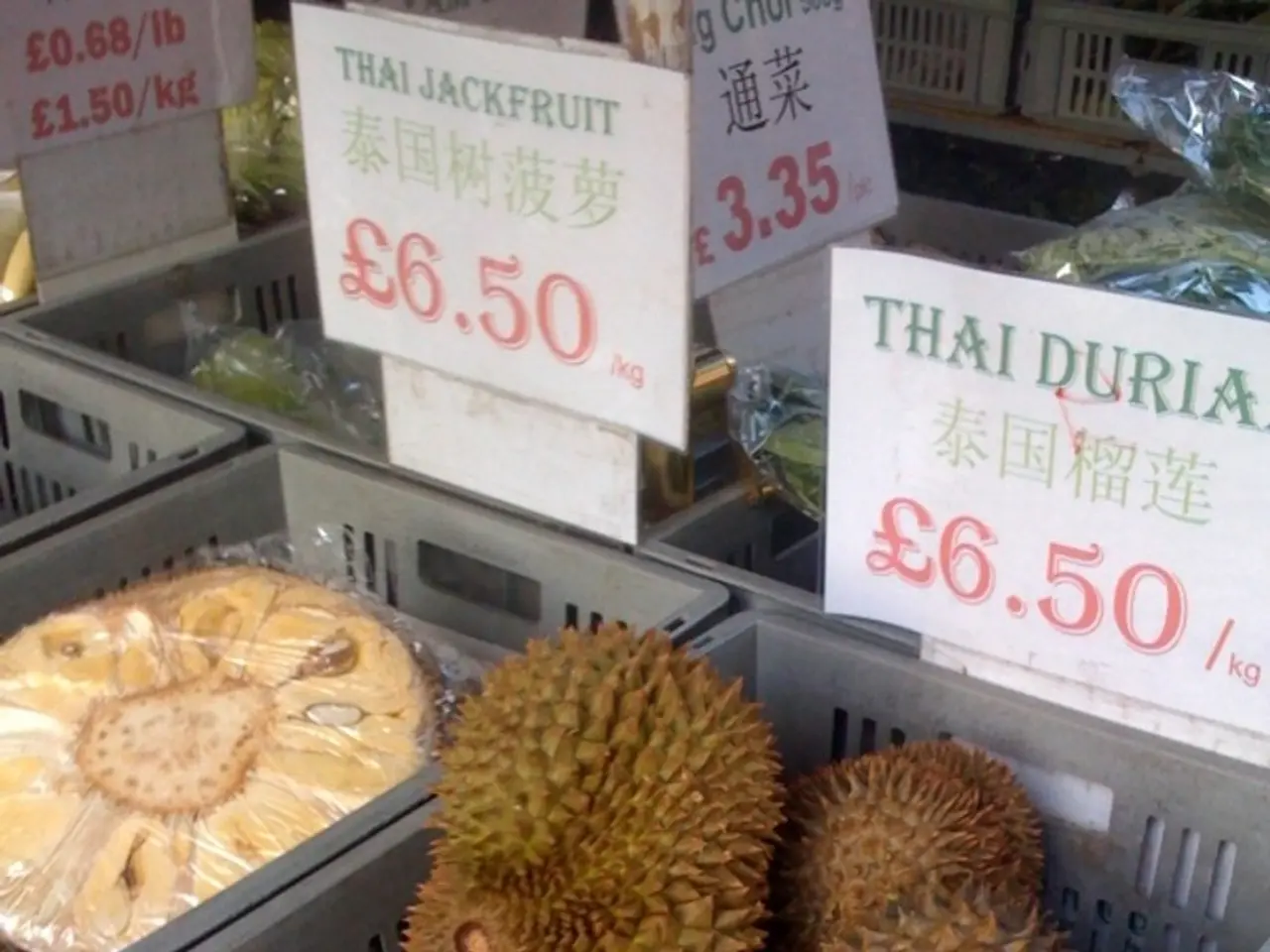Wellness company Care/of to debut a fresh collection of vitamins at retailer Target.
In a move that underscores its commitment to growth and innovation, retail giant Target has partnered with direct-to-consumer (DTC) brand Care/of for the release of a new vitamin line. This partnership is part of a broader trend where successful DTC brands are evolving from online sales models to omnichannel retail strategies, leveraging physical retail presence to increase reach and customer lifetime value.
Care/of's vitamin line, developed based on data from six million people who took the brand's quiz over the past four years, will be available in Target's stores and online starting March 28. The product line includes multivitamins for women, men, and prenatal care, as well as blends for sleep, immunity, relaxation, energy, and focus. All products are Certified C.L.E.A.N., non-GMO, sugar-free, gluten-free, vegan or vegetarian, and contain no unnecessary fillers.
This collaboration is not a one-off for Target. Previously, men's grooming brand Harry's and mattress brand Casper have partnered with Target to have their products available in physical locations and online. Similarly, DTC brands Harry's and Quip have expanded their in-store and online sales through partnerships with Target.
The partnerships between Target and DTC brands have been instrumental in driving sales for both parties. Target Chairman and CEO Brian Cornell attributed the company's growth to its multi-channel shopping and fulfillment options. The retail giant's Q4 results indicated that its strategy is working effectively, with Target's sales growth in 2020 ($15 billion) higher than the company's total sales growth over the last 11 years, according to the company's fourth-quarter report.
Target's growth strategy involves strategically plotting ways to drive sales in specific categories. Neil Saunders, managing director of GlobalData, stated that Target's growth strategy involves a forensic look at certain categories and engineering growth, as demonstrated by its partnerships with tech giant Apple and beauty retailer Ulta, who will be opening Target shop-in-shops this year.
These collaborations provide DTC brands like Care/of with immediate access to Target's consumer base. By partnering with established retailers, DTC brands can expand their reach to new consumers, including those who shop in physical locations. This trend reflects a broader shift in the retail industry, where traditional retailers are collaborating with DTC brands to offer a more diverse range of products and services to their customers.
In conclusion, Target's strategic partnerships with DTC brands have proven to be a successful growth strategy, helping the retailer flourish during an economically turbulent time for the retail industry. The suggested retail price for the multivitamins is $14.99, and for the prenatal multivitamins, it is $18.99. The Care/of vitamin line will be available for in-store pickup or delivery starting March 28.
- The partnership between Target and DTC brand Care/of signifies a broader trend where successful DTC brands are transitioning from online sales to omnichannel retail strategies.
- The Care/of vitamin line, developed using data from six million people, will be available in Target's stores and online, including multivitamins for women, men, and prenatal care, as well as blends for sleep, immunity, energy, and focus.
- Similar partnerships between Target and DTC brands like Harry's, Casper, and Quip have been instrumental in driving sales for both parties, contributing to Target's impressive growth in recent years.
- Target's growth strategy involves strategically collaborating with brands to drive sales in specific categories, as demonstrated by its partnerships with tech giant Apple and beauty retailer Ulta.
- By partnering with established retailers like Target, DTC brands can expand their reach to new consumers, reflecting a shift in the retail industry where traditional retailers are collaborating with DTC brands to offer a more diverse range of products and services.




